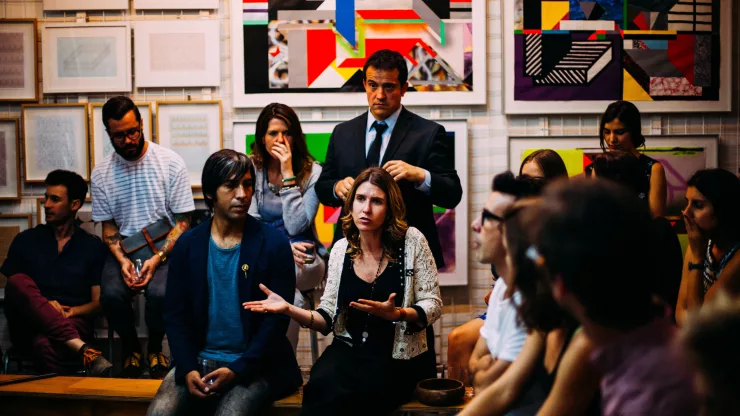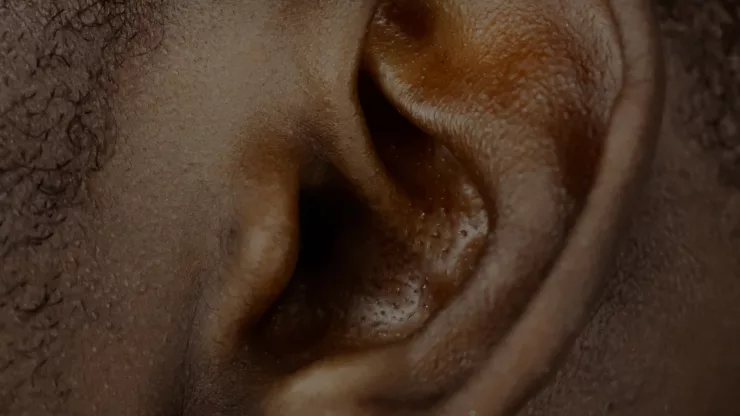Effective communication is essential to building and maintaining strong relationships. Whether it’s with family, friends, or colleagues, communication is the foundation of all healthy relationships.
When we communicate effectively, we can express ourselves clearly, understand others better, and resolve conflicts more efficiently.
In this article, we’ll explore the importance of effective communication, the barriers that can prevent it, and the key skills needed to improve our communication and build stronger relationships.
Jump to Section
The Importance of Effective Communication
Effective communication is crucial for building and maintaining healthy relationships. Communication is the exchange of information, thoughts, and feelings between two or more people.
When communication is effective, it helps us to understand each other better, resolve conflicts, and build trust and respect.
Effective communication involves both verbal and nonverbal communication, and it requires active listening and clear expression.
Barriers to Communication and How to Overcome Them
There are many barriers that can prevent effective communication. Some common barriers include language differences, cultural differences, physical barriers, and emotional barriers.
To overcome these barriers, it’s important to be aware of them and to take steps to address them.
For example, you can use simple and clear language, be mindful of cultural differences, remove physical barriers, and manage your emotions.
Here’s a table summarizing some common barriers to communication and how to overcome them:
| Barrier to Communication | How to Overcome |
|---|---|
| Language Differences | Use simple and clear language, avoid jargon or technical terms |
| Cultural Differences | Be mindful of cultural differences, learn about other cultures |
| Physical Barriers | Remove physical barriers, such as noise or distance |
| Emotional Barriers | Manage your emotions, be open and honest |
Active Listening: The Key to Understanding
Active listening is a crucial skill for effective communication. Active listening involves focusing on the speaker, asking questions, and reflecting back what you’ve heard.
When you actively listen, you show the speaker that you are interested in what they have to say, and you give them the opportunity to express themselves fully.
Active listening also helps you to understand the speaker’s perspective and to build trust and respect.
Nonverbal Communication: What You’re Really Saying
Nonverbal communication is an essential part of effective communication. Nonverbal communication includes body language, facial expressions, tone of voice, and gestures.
It’s important to pay attention to nonverbal cues because they can convey more meaning than words alone. For example, a smile can indicate happiness or friendliness, while a frown can indicate sadness or disapproval.
By being aware of nonverbal cues, you can better understand what others are saying and communicate more effectively.
Conflict Resolution: How to Navigate Disagreements
Conflict is a natural part of any relationship, but it’s important to know how to resolve conflicts effectively.
Conflict resolution involves identifying the problem, listening to each other’s perspectives, and working together to find a solution.
It’s important to stay calm and respectful during conflict resolution and to focus on finding a mutually beneficial solution. By resolving conflicts effectively, you can build stronger relationships and avoid future conflicts.
Building Stronger Relationships Through Communication
Effective communication is crucial for building stronger relationships. By communicating effectively, you can build trust and respect, understand each other better, and resolve conflicts more efficiently.
To build stronger relationships through communication, it’s important to be honest, open, and respectful.
It’s also important to practice active listening, be aware of nonverbal cues, and be willing to work together to find solutions.
Effective communication is the foundation of all healthy relationships. By improving our communication skills, we can build stronger relationships with family, friends, and colleagues.
By being aware of the barriers to communication, practicing active listening, and being mindful of nonverbal cues, we can communicate more effectively and build stronger relationships.
Remember, effective communication is a lifelong skill that requires practice and dedication, but the rewards are worth it.

With a deep passion for personal development, Ben has dedicated his career to inspiring and guiding others on their journey towards self-improvement.
His love for learning and sharing knowledge about personal growth strategies, mindfulness, and goal-setting principles has led him to create My Virtual Life Coach.
Contact Ben at [email protected] for assistance.




